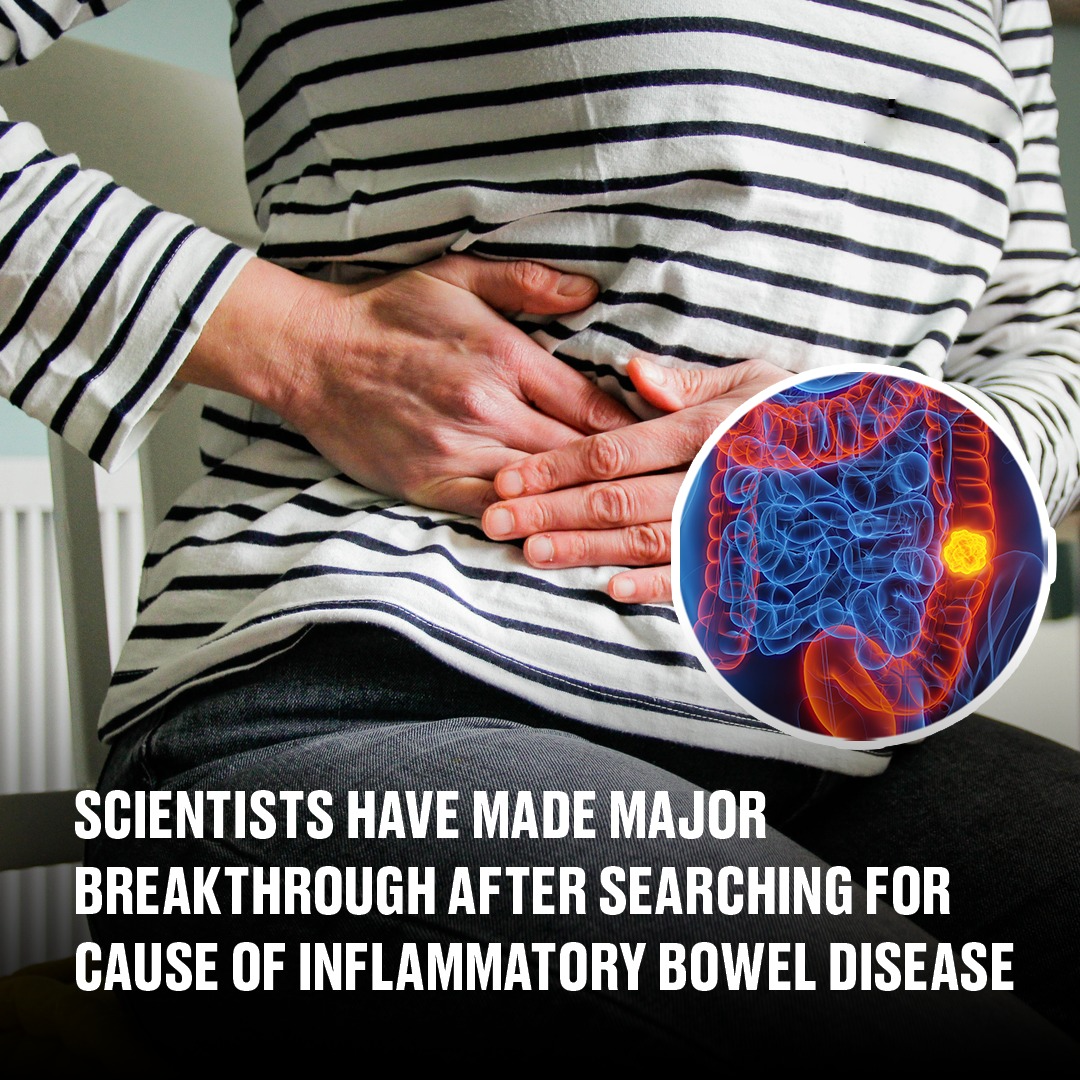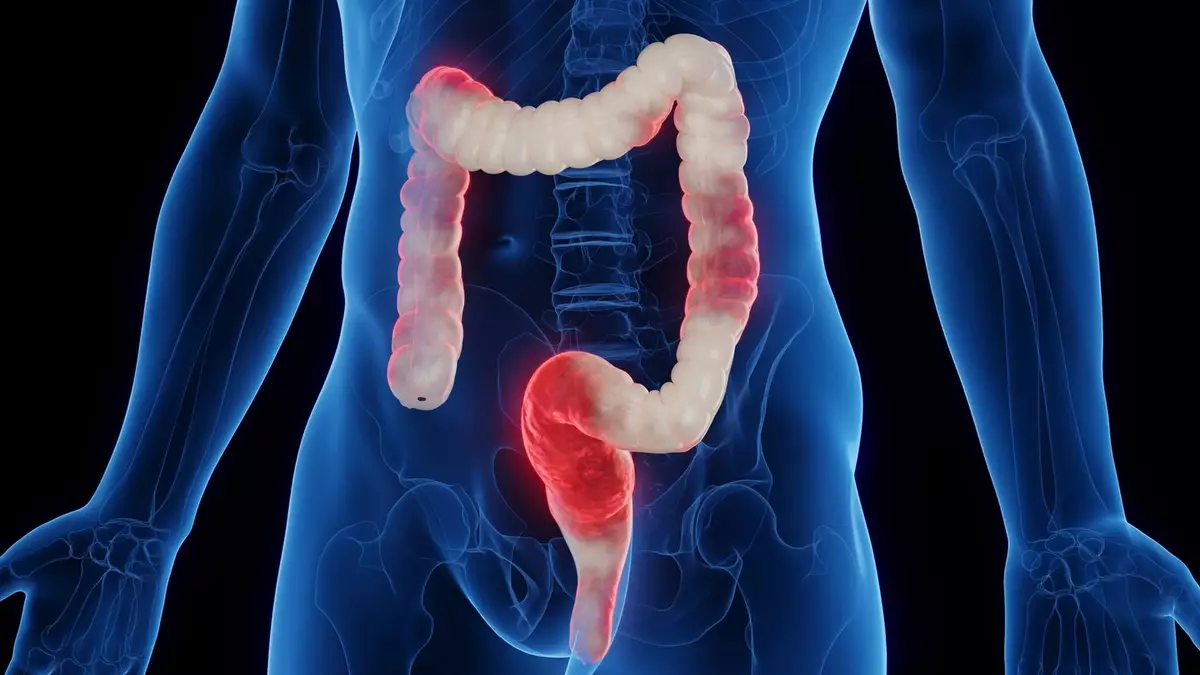
Researchers at the Francis Crick Institute and University College London believe they have uncovered the answers to what causes inflammatory bowel disease (IBD), a discovery that could transform the lives of thousands of sufferers.
This major breakthrough, announced by UK scientists, sheds light on the origins of IBD and offers hope for effective treatment plans to alleviate the painful symptoms many people endure. Previously, the cause of the condition was unclear, but this finding could pave the way for new, targeted therapies.
The researchers discovered a weak spot in the DNA of 95% of IBD patients, marking a significant step forward in understanding the disease. This discovery came from studying a “gene desert” on chromosome 21, a DNA region that doesn’t code for proteins but has been associated with various health issues, including autoimmune diseases like IBD.

Dr. James Lee, who leads the genetic mechanisms of disease laboratory at Francis Crick, explained that his team “stumbled” upon this groundbreaking discovery while investigating this gene desert. They identified a specific DNA section known as an “enhancer,” which acts like a volume control for nearby genes. This enhancer was found in immune cells, specifically macrophages, where it amplified the ETS2 gene, increasing the risk of IBD.
Macrophages, which flood the intestines’ lining, release cytokines that trigger significant inflammation, leading to the discomfort and symptoms associated with IBD. The researchers found that the enhancer is the “master regulator” of inflammation in these cells, sitting “at the top of the pyramid,” as Dr. Lee described.
Dr. Lee further explained, “This is undoubtedly one of the central pathways that goes wrong for people to get inflammatory bowel disease. It is the process by which one of the most important cells that causes inflammatory bowel disease goes wrong.”

Labeling it a “holy grail” discovery, Dr. Lee mentioned that existing drugs approved for other diseases, such as cancer, could reduce this inflammation. However, these drugs need adjustments to specifically target macrophages in IBD patients. He hopes that clinical trials could begin within five years, offering new hope for those affected by the condition.
Currently, about half a million people in the UK suffer from some form of IBD, with Crohn’s disease and ulcerative colitis being the most common. Symptoms typically include diarrhea, stomach pain or cramps, blood in the stool, bleeding from the rectum, fatigue, and unexplained weight loss.
While there’s an overlap between IBD and similar conditions like irritable bowel syndrome (IBS), IBD can be distinguished by the inflammation it causes in the bowels. Until now, the NHS has described the cause of IBD as unclear, attributing it to the immune system attacking the bowel and causing inflammation. However, this latest research makes the cause much clearer, suggesting it’s time for updates in medical literature and treatment approaches.
